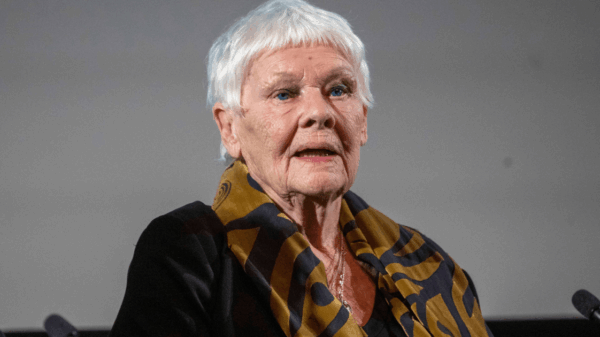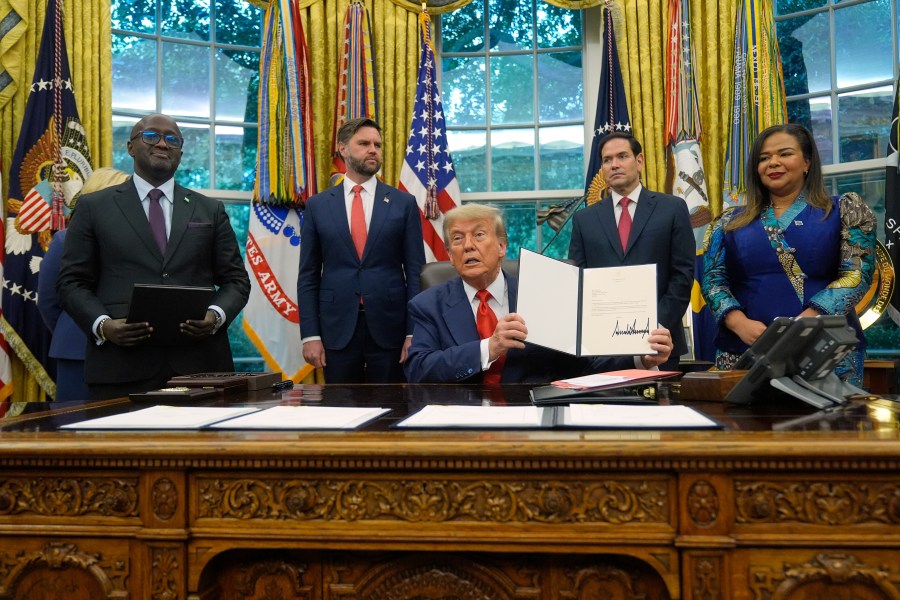Efforts to establish peace in the Central African Republic (CAR) under the initiative of President Donald Trump face significant challenges. Despite the administration’s claims of progress in the Democratic Republic of the Congo (DRC), the current situation indicates that immediate action is required to ensure the peace deal’s viability.
The peace agreement, which aims to stabilize the CAR, has encountered various obstacles, including ongoing violence and political instability. While the U.S. administration has highlighted advances made in the DRC, the need for a more robust diplomatic approach is becoming increasingly clear. Observers are questioning whether the current U.S. strategy is sufficient to maintain momentum in this critical region.
September 2023 marks a pivotal moment for the peace initiative, as the United Nations and the African Union have expressed concern over escalating tensions. Reports indicate that armed groups are regrouping, which could jeopardize the fragile peace established in the region. The international community’s support has been crucial thus far, but the lack of decisive action from the U.S. could undermine these efforts.
To address the looming challenges, the U.S. administration must leverage its influence more effectively. This could involve increasing diplomatic engagement with regional leaders and providing additional resources to peacekeeping missions. A collaborative approach that includes the United Nations and the African Union is essential for a sustainable resolution.
The stakes are high. Failure to act now could reverse the progress achieved over the past months, leading to further instability in the CAR. The U.S. government’s commitment to international peace and security must be reinforced through concrete actions that align with the current realities on the ground.
In conclusion, as the situation evolves, the need for a unified and proactive stance is paramount. The peace deal in the Central African Republic is at a crossroads, and decisive measures are crucial to safeguarding the hard-won gains in the region. The international community, particularly the U.S. administration, must prioritize this initiative to ensure a lasting peace in Central Africa.






































































